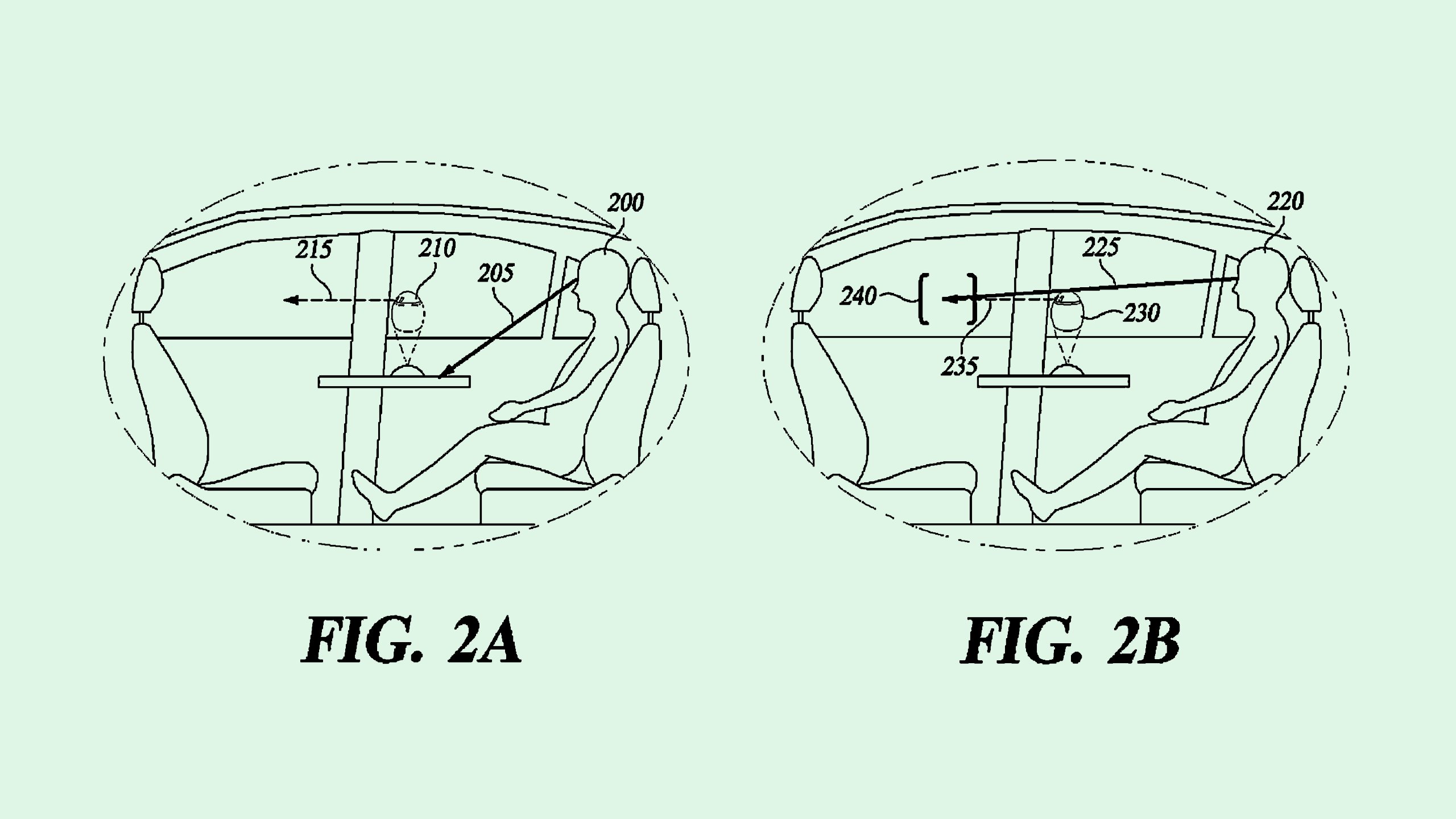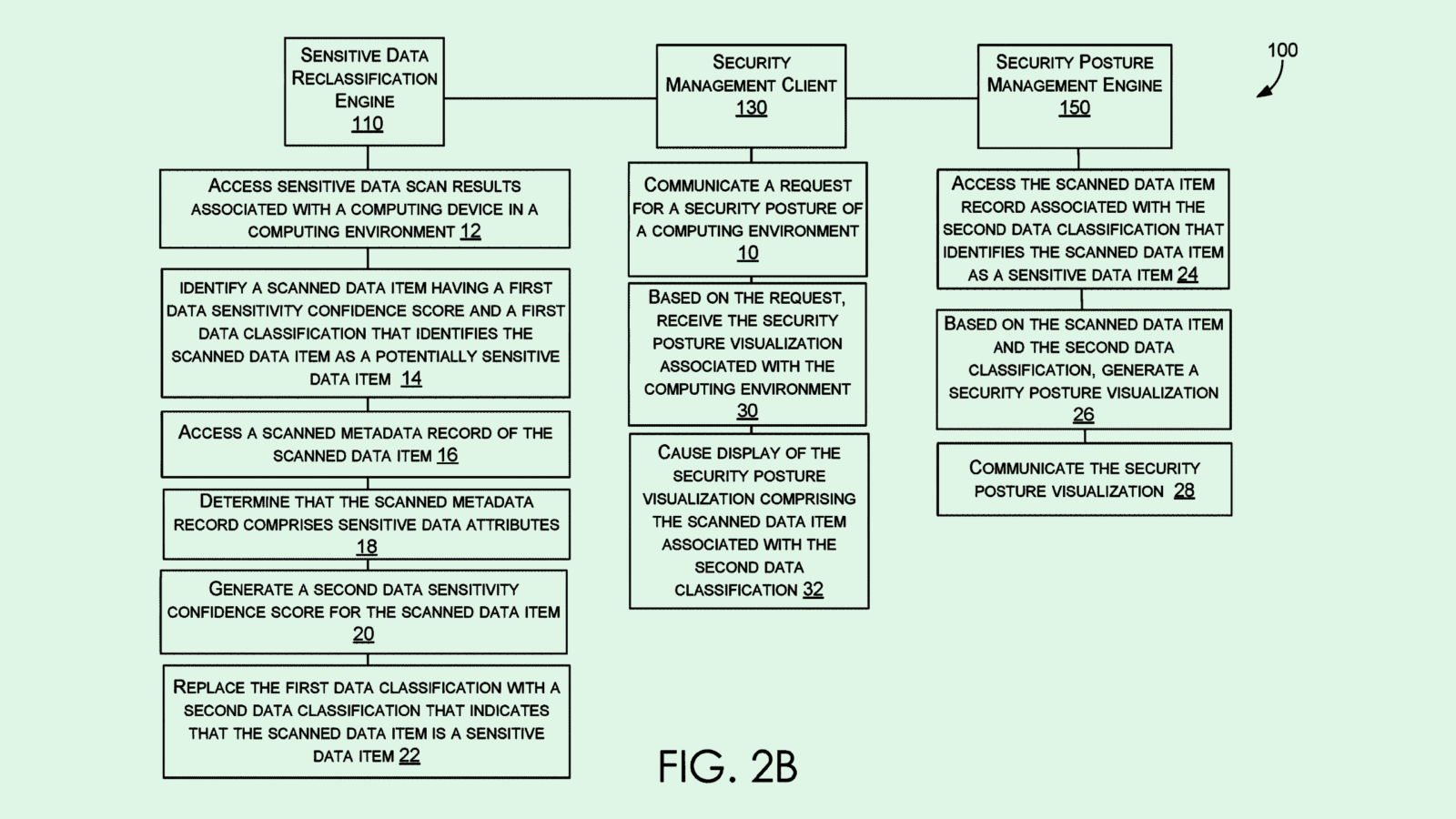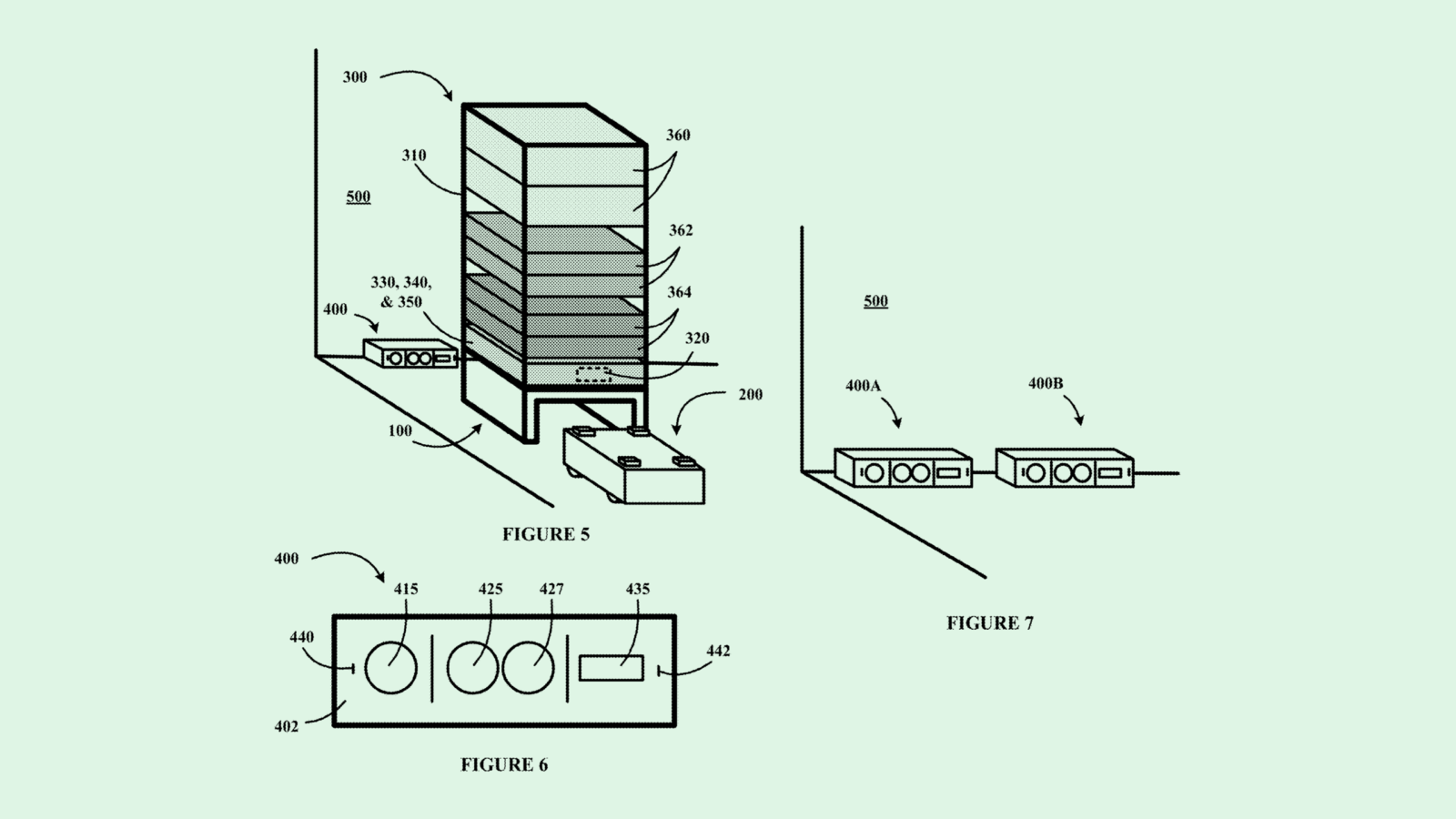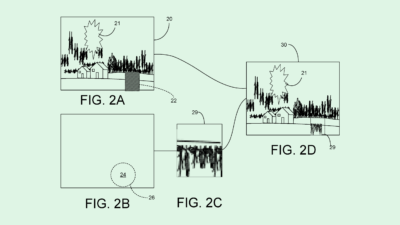Hyundai Patent Aims to Build Trust in Self-Driving Cars
As AI takes the wheel, Hyundai wants to make sure backseat drivers are comfortable.

Sign up to uncover the latest in emerging technology.
Hyundai wants to keep backseat drivers informed.
The company is seeking to patent a system for “providing driving data” of an autonomous vehicle. Hyundai’s tech essentially relays information about a vehicle’s surroundings back to the occupant, keeping them in the loop whether they’re in the driver’s seat or not.
Since autonomous vehicles drive with little human intervention, “an occupant may wonder whether the autonomous vehicle is accurately recognizing and determining the driving situation around the vehicle,” Hyundai said. This tech aims to put riders at ease.
First, sensors positioned around the vehicle collect information about its surroundings, as these vehicles need to do anyway to operate properly. This could include awareness of pedestrians, road signs or conditions, vehicles, or other obstacles.
The system then gathers information about the occupants inside the vehicle, including gaze direction, speech data, or movement. This is to get a sense of what the occupant may be seeing. For example, if a rider is looking out the window at pedestrians, or mentions something about the speed of the vehicle, this system would pick that up.
Based on this, Hyundai’s tech then aggregates which information is pertinent for the occupant to know, such as local speed limits, surrounding landmarks, or potential hazards. The system would then project that information on the windshield where they can easily see it, “allowing the occupant to immediately check the main driving information and have trust in an autonomous system.”
Almost every big tech firm and automaker has thrown their hat in the self-driving car ring, whether it be for their own robotaxi or embedding autonomous technology into their own vehicles. Regulators, however, are catching up.
While Tesla has long been the main subject of the National Highway Traffic Safety Administration’s ire, both Google-owned Waymo and Amazon-owned Zoox are being investigated by the agency. Waymo’s investigation follows 22 reports of its vehicles either crashing or violating traffic laws, whereas Zoox follows two crashes in which vehicles suddenly braked.
These incidents don’t help the already shaky public perception of autonomous vehicles. One survey from AAA found 66% of US drivers expressed fear, and 25% uncertainty about fully self-driving cars.
Distrust often extends beyond the person in the vehicle to other drivers, said Sean Stetson, VP of Engineering autonomous machines company Cyngn. “There’s still a level of disbelief that they have to overcome,” he noted.
But tech like Hyundai’s aims to help strengthen that trust, giving drivers a sense of security that the vehicle understands the road in front of them, said Stetson. A lack of trust “is a huge blocker to autonomous vehicle adoption,” he said.
However, another way to garner that trust is transparency, he said. For example, providing continued updates on development progress and reporting and rectifying incidents when they do occur may help assuage rider’s fears that the tech is unstable, he said. “That lack of transparency and openness and messaging definitely does erode trust.”











